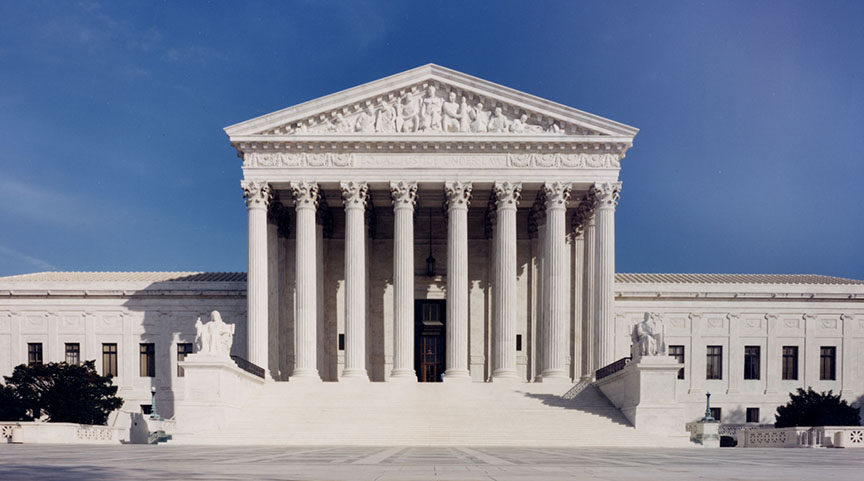The U.S. Supreme Court sided with the Biden administration in a case concerning the extent of federal authority over social media content moderation. By a 6-3 vote, the justices overturned lower-court rulings that had supported Republican-led states, such as Louisiana and Missouri, in their claims that federal officials unconstitutionally pressured social media companies to suppress conservative viewpoints.
Justice Amy Coney Barrett, writing for the majority, stated that the plaintiffs lacked the legal standing to sue, focusing on procedural grounds rather than the substantive First Amendment issues. “At this stage, neither the individual nor the state plaintiffs have established standing to seek an injunction against any defendant. We therefore lack jurisdiction to reach the merits of the dispute,” Barrett wrote.
The case, which has drawn significant attention, particularly during the contentious climate of misinformation surrounding COVID-19 and election security, highlights the ongoing debate about the balance between free speech and responsible content moderation. White House Press Secretary Karine Jean-Pierre praised the ruling, noting, “It helps ensure the Biden Administration can continue our important work with technology companies to protect the safety and security of the American people.”
On the other hand, Justice Samuel Alito, joined by Justices Clarence Thomas and Neil Gorsuch, dissented sharply. Alito argued that the federal government had exerted “unrelenting pressure” on social media platforms, a move he deemed “blatantly unconstitutional.” He cautioned that the majority’s decision permits a “campaign of coercion” by future officials to control public discourse.
Legal analyst Elie Honig described the ruling as the Court taking a “procedural off-ramp.” He noted, “Standing matters. You can’t just bring a lawsuit because something bothers you or offends you. You have to be able to show some tangible injury.”
Free speech advocates have expressed mixed feelings about the decision. Alex Abdo, litigation director of the Knight First Amendment Institute, remarked, “The platforms are attractive targets for official pressure, and so it’s crucial that the Supreme Court clarify the line between permissible attempts to persuade and impermissible attempts to coerce.”
This ruling marks a significant moment in the ongoing tug-of-war between government regulation and free speech in the digital age.












